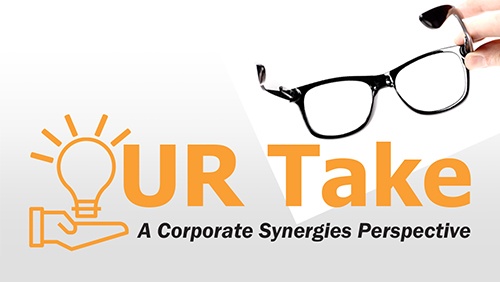
U-Haul, the ubiquitous moving equipment and storage rental company that operates in all 50 states, has announced that it will no longer accept job applicants who use nicotine in 21 states where legal, personal habits can be considered when hiring and firing. What’s up with this no-nicotine policy?
As employers continue to expand their focus on workforce health, they are creating policies meant to improve employee wellness and better manage the rising cost of care. And U-Haul’s move is based on good reason: An estimated one in five deaths due to preventable conditions, like heart disease, lung cancer and COPD, are caused by smoking.1 For every person who dies because of smoking, at least 30 people live with a serious smoking-related illness. Plus, mounting research presents the dangers of alternative nicotine and tobacco products. So, whether it’s cigarettes, smokeless tobacco or vape products, the evidence for quitting, or never starting, is unmistakable.
According to the U-Haul policy, which goes into effect on February 1, job recruits will complete applications that include questions about nicotine and tobacco use. While the move does not impact current employees, it’s meant to encourage a healthful work environment. There is teeth in the policy, which includes nicotine testing where legal.
The Affordable Care Act allows health insurers to increase premiums for smokers by as much as 50%. Some will argue that with an ever-tightening labor market and an estimated 13.7% of Americans currently smoking, no-nicotine policies could deter quality candidates or frustrate current employees.
Only time will tell if aggressive policies like U-Haul’s grow in popularity. If your organization isn’t ready for such a bold move, offering nicotine and tobacco cessation benefits can go a long way to improving employee wellness, retention and the awareness that you take your employees’ welfare very seriously. Your benefits broker can help you design a disease management program with a smoking cessation education & communications campaign that can include incentives.
1The Centers for Disease Control and Prevention, “Fast Facts”





